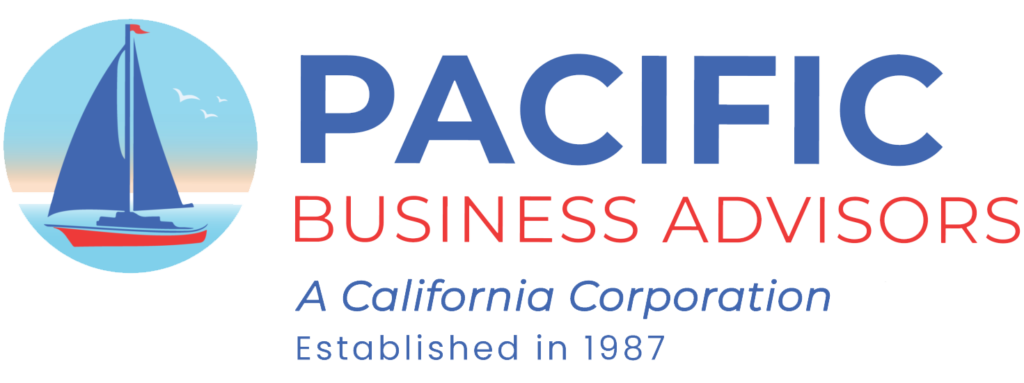

Accredited Investors
Accredited Investor - Net Worth Standard
What are the "Accredited Investor" standards?
The accredited investor standards are used in determining the availability of certain exemptions from Securities Act registration for nonpublic and limited offerings, including most offerings under Regulation D. The accredited investor concept identifies investors who are eligible to participate in those offerings of unregistered and illiquid securities. In order to rely on investor status as an "Accredited Investor", issuers must know or have a reasonable basis to believe that the investor falls within one of eight categories. The individual net worth standard is one such category.
What are the requirements for an individual to qualify as an "Accredited Investor" based on net worth?
• The individual must have a net worth greater than $1 million, either individually or jointly with the individual's spouse. Except for the special provisions described below, individuals should include all of their assets and all of their liabilities in calculating net worth.
• The primary residence is not counted as an asset in the net worth calculation. The term "primary residence" is not defined in SEC rules but is commonly understood to mean the home where a person lives the most of the time.
• In general, debt secured by the primary residence (such as a mortgage or home equity line of credit) is not counted as a liability in the net worth calculation if the estimated fair market value of the residence is greater than the amount of debt secured by it. There is no requirement to obtain a third party estimate of the fair market value of the residence.
• However, if the amount of the debt secured by the residence has increased in the 60 days preceding the sale of securities to the investor (other than in connection with the acquisition of the primary residence), then the amount of that increase is included as a liability in the net worth calculation, even if the estimated value of the residence is greater than the amount of debt secured by it. The purpose of this provision is to deter individuals from incurring debt secured by their primary residence for the purpose of inflating their net worth to qualify as accredited investors in purchasing securities.
• If the amount of the debt secured by the primary residence is greater than the estimated fair market value of the residence, then the excess is included as a liability in the net worth calculation. Where the amount of secured debt is greater than the value of the primary residence, such as when a mortgage is "underwater," the excess is counted as a liability when calculating net worth. This is true even if the borrower may not be personally liable for the excess amount by reason of the contractual terms of the debt or the operation of state anti-deficiency statutes or similar laws.
Accredited Investors - Other Standards
Under the Securities Act of 1933, a company that offers or sells its securities must register the securities with the SEC or find an exemption from the registration requirements. The Act provides companies with a number of exemptions. For some of the exemptions, such as rules 505 and 506 of Regulation D, a company may sell its securities to what are known as "Accredited Investors".
The federal securities laws define the term accredited investor in Rule 501 of Regulation D as:
• A bank, insurance company, registered investment company, business development company, or small business investment company;
• An employee benefit plan, within the meaning of the Employee Retirement Income Security Act, if a bank, insurance company, or registered investment adviser makes the investment decisions, or if the plan has total assets in excess of $5 million;
• A charitable organization, corporation, or partnership with assets exceeding $5 million;
• A director, executive officer, or general partner of the company selling the securities;
• A business in which all the equity owners are accredited investors;
• A natural person with income exceeding $200,000 in each of the two most recent years or joint income with a spouse exceeding $300,000 for those years and a reasonable expectation of the same income level in the current year; or
• A trust with assets in excess of $5 million, not formed to acquire the securities offered, whose purchases a sophisticated person makes. Details concerning the qualifications of accredited investors can be found on the Security and Exchange Commission's website.
Cost Segregation Analysis - Studies
Asset Protection - What You Need to Know
PacificBusinessAdvisors.net
Office: 818-991-5200
Direct: 818-991-9019